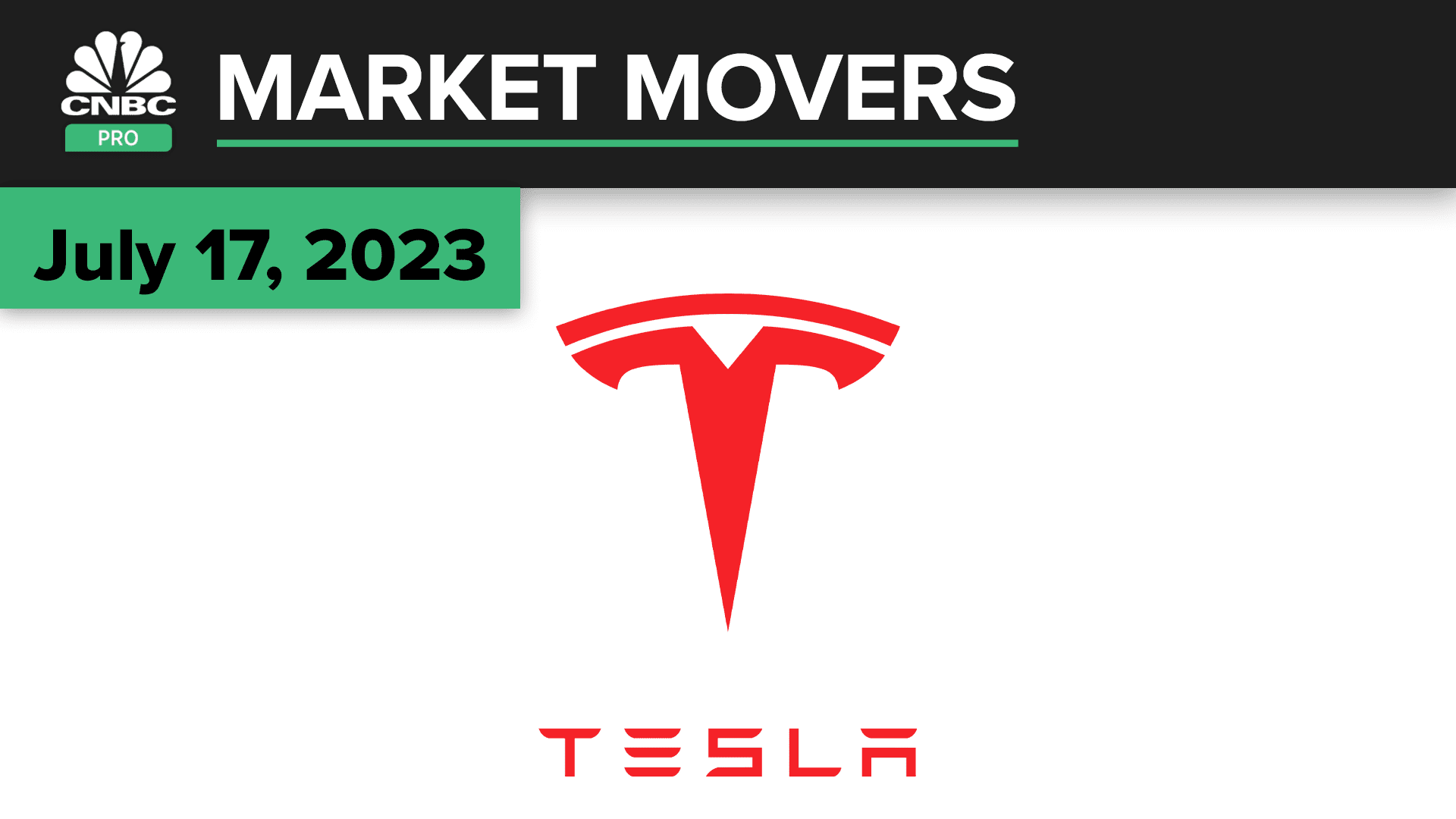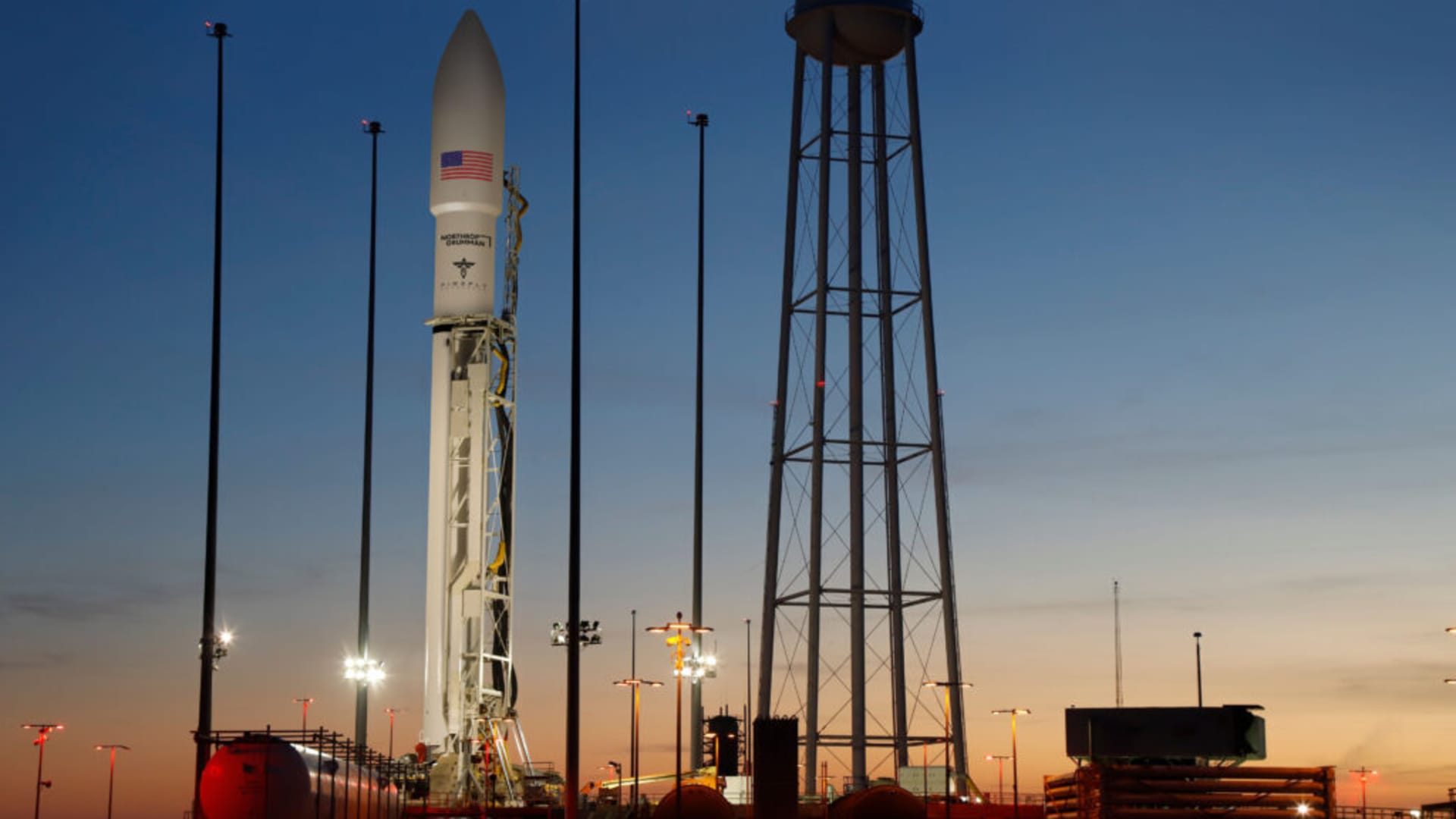Since launching its first successful orbital launch in October, Firefly Aerospace has kept busy — and is on the cusp of raising more cash.
The Austin, Texas-based rocket builder and in-space services company is close to announcing the closure of an oversubscribed capital raise, its CEO Bill Weber told CNBC’s Manifest Space. The startup, now valued at over $1 billion, gained more commitments to invest than initially planned at a time when many space startups struggle with diminishing funds and a broader downturn in investments.
related investing news


Firefly can currently launch its medium-launch rocket, Alpha, every two months. The company hopes to increase that pace to one launch a month.
“Alpha has a demand signature for the next three to four years, which is more than good enough for what we want to do with it,” Weber told CNBC.
To match the expected increase in launch frequency, Firefly has turned to acquisitions. It bought launch and space transportation startup Spaceflight Inc. and assets from the recently bankrupt Virgin Orbit, while also doubling the size of its facilities in Austin.
The proximity of the company’s design, engineering, manufacturing and testing facilities allows it to rapidly develop its technology compared to competitors.
Follow and listen to CNBC’s “Manifest Space” podcast, hosted by Morgan Brennan, wherever you get your podcasts.
Firefly’s growth is necessary to prove consistency and dependability to its customer base, which is predominantly government contractors, Weber said.
The company will provide launch services to the U.S. Space Force next month for its Space Systems Command’s VICTUS NOX mission. Firefly’s lunar lander, Blue Ghost (named after the North Carolina lightning bug), will head to the moon next year. Weber told CNBC the company is also in talks with the intelligence community about classified payloads.
Weber believes that government contracts are essential to proving the company’s reliability to commercial players.
“The scrutiny that the U.S. Space Force puts Firefly through and the amount of exacting standards we have to meet in order to fly for NASA … there isn’t a customer out there that would say our standards are even more robust than that,” he said. “There are some that would match. It’s a perfect place for us to prove out that this isn’t a risky venture.”
Firefly’s client base has expanded to include defense contractors. Firefly recently agreed to launch a tech demonstration for Lockheed Martin. Northrop Grumman has partnered with the startup to develop MLV, designed to replace the Antares rocket that is currently built in Ukraine and powered by Russian engines.
The company’s total addressable market exceeds $8 billion, according to Weber.
While many investors are concentrated on SpaceX’s mega rocket Starship and how the heavy-lift launcher will disrupt small-to medium-lift markets, Weber insists those fears are a “gross oversimplification” of the launch market. There will still be a need for smaller players to focus on precise launches to send fewer payloads to space, he said. If anything, it also speaks to the need for tools like the company’s Space Utility Vehicle to move objects like national security payloads or replacement sets to a specific location.
As for plans to go public, Weber, who has helmed public companies and founded a special purposes acquisition company, or SPAC, said he believes the company will be a great candidate, adding that the macro environment, which has largely stunned public space companies, will help to decide timing.
“There are a lot of companies out there that shouldn’t be public that are public right now. And I think they’re facing the difficulty of that,” Weber said. “My expectation though is whether we are a public offering or we remain private, good execution today is going to set up whatever that outcome is.”
“Manifest Space,” hosted by CNBC’s Morgan Brennan, focuses on the billionaires and brains behind the ever-expanding opportunities beyond our atmosphere. Brennan holds conversations with the mega moguls, industry leaders and startups in today’s satellite, space and defense industries. In “Manifest Space,” sit back, relax and prepare for liftoff.

